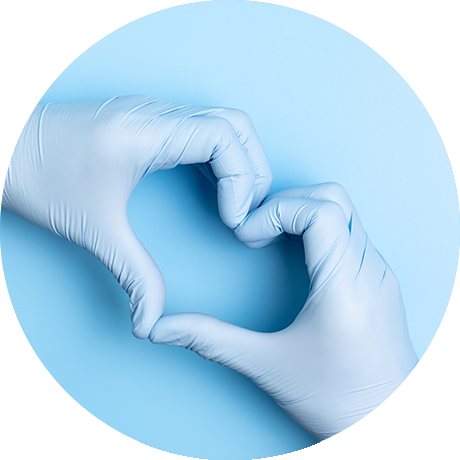WASHINGTON (Reuters) – Pregnant women who are exposed to water with high levels of chlorination byproducts (CBPs) are at increased for miscarriages or having children with birth defects, according to study findings released Tuesday.
The study, by the Environmental Working Group (EWG) and the US Public Interest Research Group (PIRG), concluded that an estimated 137,000 women across the United States faced elevated risks during pregnancy because of contaminated municipal tap water.
According to the study, Montgomery County, Maryland, just outside Washington, had the most pregnant women at risk in an individual community or water system. Texas was worst on a statewide basis.
The Washington Suburban Sanitary Commission (WSSC), which provides water to Montgomery County, called the study fundamentally flawed.
"In our 84 year history at WSSC we have always met or exceeded every EPA regulation," WSSC spokeswoman Liz Kalinowski said. "We have never had a water quality violation in this organization."
She insisted WSSC drinking water was safe. "I speak from a unique perspective. I'm nearly 6 months pregnant and I drink our water every day," Kalinowski said.
The environmental groups said that chlorine, which is added to tap water to kill microbes, also reacts with organic matter, including sewage and animal waste from run-off, to form harmful CBPs.
"Dirty source water going into the treatment plant means water contaminated with chlorination byproducts coming out of your tap," Jane Houlihan, EWG's Research director, said in a statement. "The solution is cleaning up our lakes, rivers, and streams, not just bombarding our water supply with chlorine."
EWG and US PIRG called for immediate action to clean up the lakes and rivers that provide tap water to reduce the use of chlorination.
In the meantime, the groups suggested that pregnant women reduce exposure to CBPs by using carbon filters. "Pregnant women also might want to switch to non-chlorinated bottled water," Houlihan added.
"And, they should take shorter showers and baths, since CBPs can be in inhaled or absorbed through the skin," she said.
The Environmental Protection Agency had no immediate comment on the report.




















השאירו תגובה
רוצה להצטרף לדיון?תרגישו חופשי לתרום!